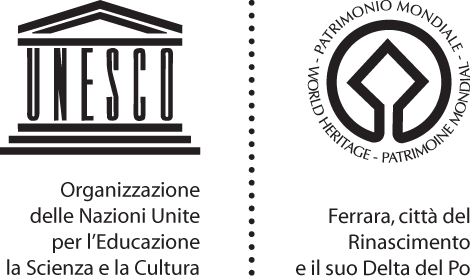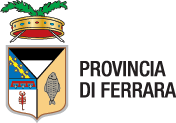Sections

You
are here:
Piazzas, loggias and historical routes
- Info
Piazzas, loggias and historical routes
-
Corso Giovecca
-
This street, built by Biagio Rossetti by demolishing the old walls, forms the link between the Medioeval city to the south, and the Addizione Erculea to the north,...
-
Piazza Ariostea
-
This very special oval piazza set below ground level and also famous for the races of the Palio, is the work of the architect Biagio Rossetti.
-
Piazza Trento Trieste
-
The piazza is the beating heart of the city. It dates back to the Middle Ages and the building of the new cathedral dedicated to St. George around which the seats of religious, civil and lordly power, in the shape of the family who in fact ruled Ferrara, were concentrated.
-
Quadrivio degli Angeli
-
The quadrivium was the name given to the crossroads where Corso Ercole d'Este crosses Corso Porta Mare (to the right) and Corso Biagio Rossetti (to the left).
-
Via delle Volte
-
This charming medieval street marks the axis along which the so-called linear Ferrara developed between the 7th and 9th centuries A.D. and which greatly influenced the further development of the entire city.
-
Via San Romano
-
This ancient road was the main link between the market square (currently Piazza Trento e Trieste) and the port, which was situated at the present via Ripagrande.
-
Jewish Ghetto
-
In the heart of the medieval city lies the ghetto, an area which conserves the memories of the centuries-old Jewish Community of Ferrara and where the same community was from 1627 to 1861.
-
Piazza Municipale
-
Piazza Municipale was once the former court of honour of the Ducal Palace that is dominated by the magnificent Scalone d’Onore (stairway of honour) built by Pietro Benvenuto degli Ordini.
-
Corso Ercole I d'Este
-
It was called Via degli Angeli after the church of St. Mary of the Angels that once rose at the end of it.






